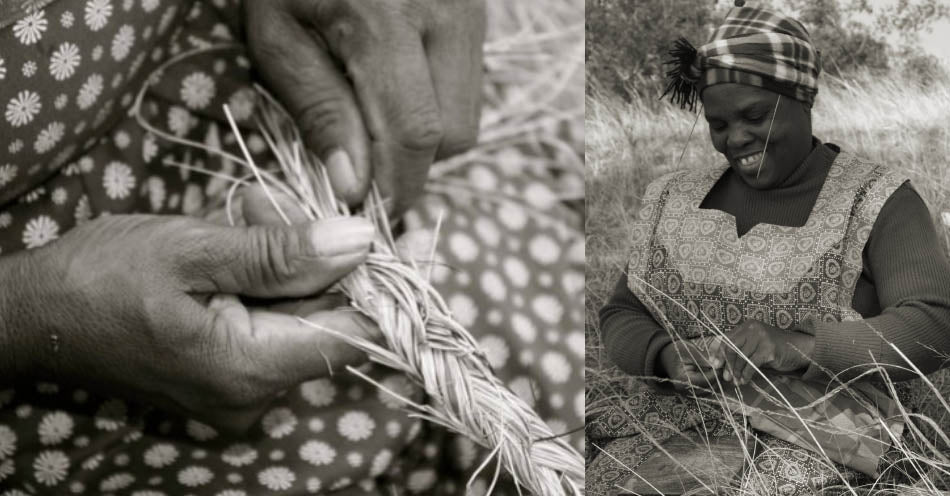Your Cart is Empty
10% OFF FIRST PURCHASE: SIGN UP ON HOME PAGE
10% OFF FIRST PURCHASE: SIGN UP ON HOME PAGE
Furniture
Décor
Wall Art
Add description, images, menus and links to your mega menu
A column with no settings can be used as a spacer
Link to your collections, sales and even external links
Add up to five columns
Add description, images, menus and links to your mega menu
A column with no settings can be used as a spacer
Link to your collections, sales and even external links
Add up to five columns
Add description, images, menus and links to your mega menu
A column with no settings can be used as a spacer
Link to your collections, sales and even external links
Add up to five columns
Add description, images, menus and links to your mega menu
A column with no settings can be used as a spacer
Link to your collections, sales and even external links
Add up to five columns
Gone Rural: Using creativity to ignite social change
July 26, 2019 3 min read

IGNITING SOCIAL CHANGE IN RURAL SWAZILAND
Gone Rural began as one woman's vision to empower women in Swaziland's most remote areas. Founder, Jenny Thorne, began small income-generation projects in the 1970s with rural women across the country. Her focus moved to the mountainous areas where the beautiful lutindzi grass was growing and women were already weaving. She started designing handwoven products that rural women would create to earn a fair and sustainable source of income.
EMPOWERING COMMUNITY DEVELOPMENT IN RURAL AREAS
As demand for Gone Rural's natural and creative products began to increase, so did the strength of the women's voices. These women became not only weavers, but an integral part of the company, and the sense of empowerment they gained through their business translated into their communities and homes. Gone Rural began to provide funding for community development projects led by the weavers.
Gone Rural has blossomed from a local women's empowerment project to a global leader in handcraft and design, using creativity to ignite social change. The organization now works with over 780 women artisans.

WEAVING THE BEAUTIFUL LUTINDZI GRASS
The process of creating the beautiful handmade products starts with the raw materials. Gone Rural’s products are woven using the indigenous lutindzi grass. The journey begins when this fibrous grass is harvested by women in the mountains of Swaziland.

A production team purchases the grass and takes it back to the workshop, where it is dyed by a team of color specialists, using eco-friendly products. The dyed grass is then bundled and delivered to skilled artisans who weave the pieces from home, often teaching younger generations their techniques as they work.
The finished items, which range from essential tabletop and home goods items, right through to decorative art pieces, are sold worldwide, thus sharing the beauty of the Swazi handcraft beyond the borders of the kingdom.


RURAL WOMEN WEAVERS ARE ARTISANS, BREADWINNERS & BUSINESSWOMEN
Since founding the project, rural women weavers have remained at the heart of Gone Rural. These women are talented artisans, breadwinners, and businesswomen who use their home-based work with Gone Rural to overcome some of the challenges of rural living and enhance the lives of their families and communities.
Gone Rural's weavers are the inspiration behind many of the signature pieces, illustrating their leadership, strength, creativity, and family values. Many of the weaving groups are multi-generational, with intricate weaving skills passed down from mother to daughter.


WHY WE LOVE GONE RURAL
We chose Gone Rural for Sarza customers because we love to see an old craft given a new lease of life. We can’t get enough of the bold designs and the intricate weaving techniques using the beautiful lutindzi grass. Buying a Gone Rural product supports female empowerment, the preservation of the family unit and the rural lifestyle in Africa. Isn’t it amazing to think that these tablemats which sit on your family dinner table, started life as grass in rural Swaziland?
All imagery courtesy of Gone Rural @goneruraluk






















